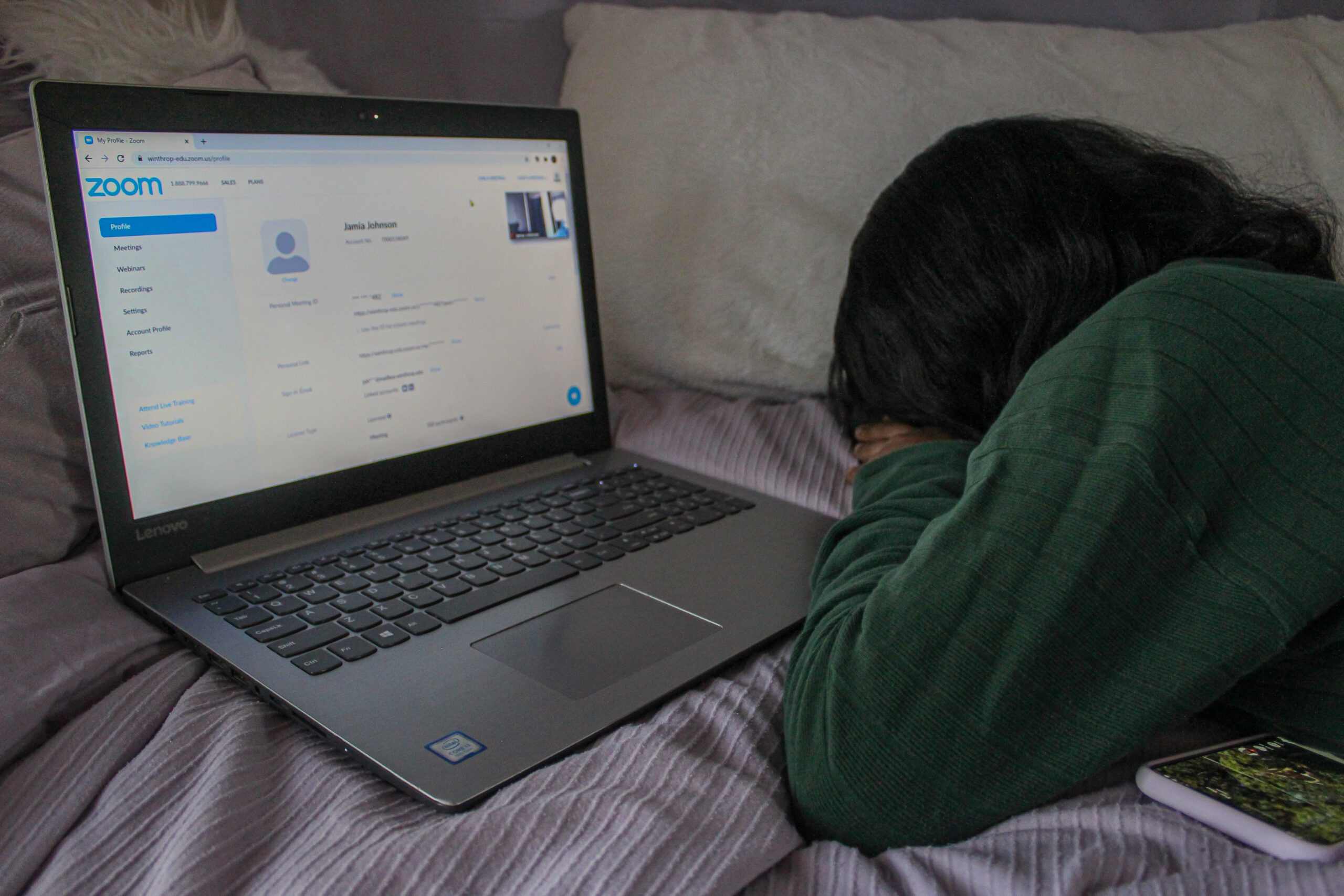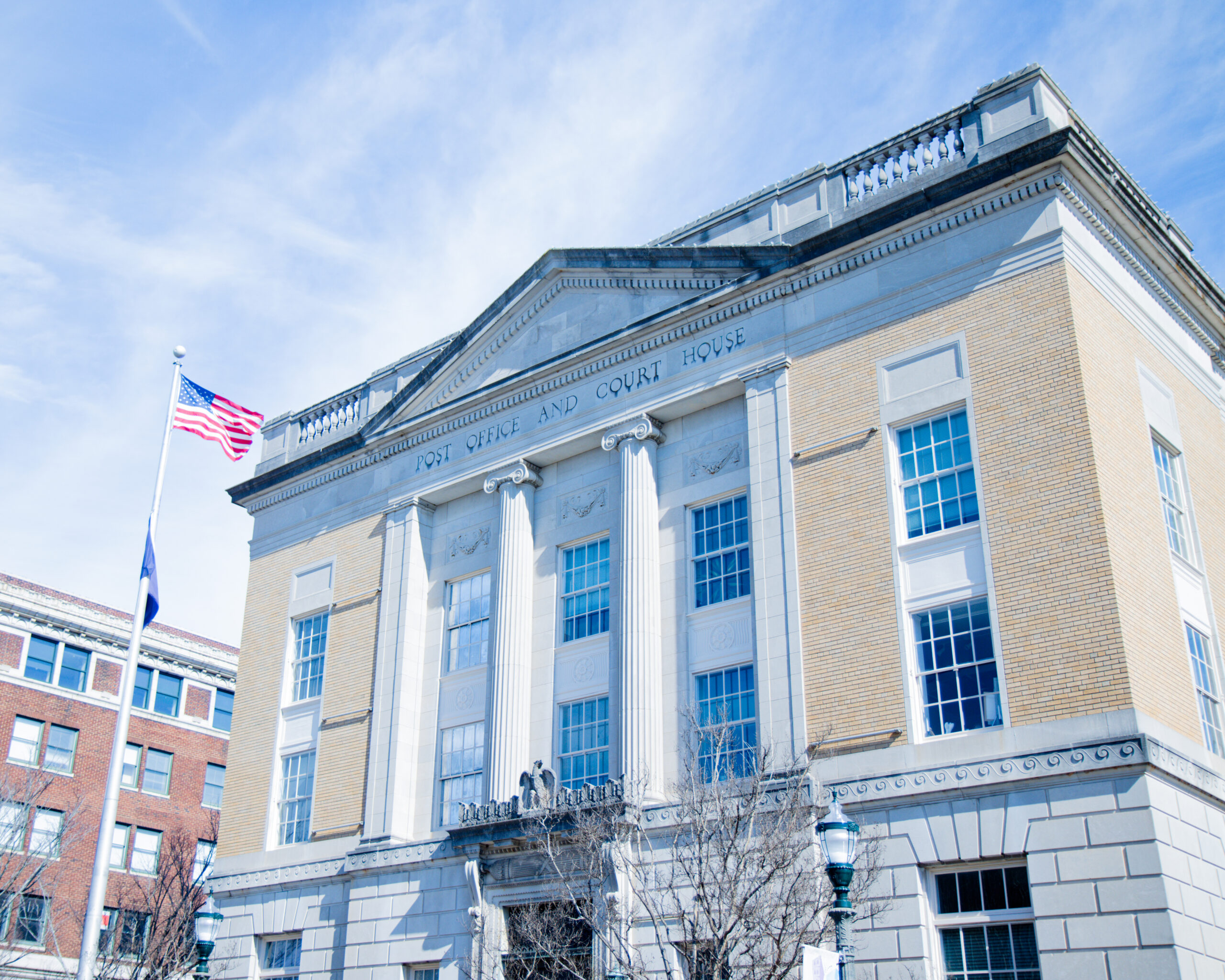The once-named Policy for Appropriate Use of Hand-held and Wireless Technology in Winthrop University’s College of Arts and Sciences has recently been revised, giving it a new title: Policy for Appropriate Use of Digital Technology in the College of Arts and Sciences. This comes as a result of not only the technological advancements made in the past two years but also the technological shift Winthrop has seen within the past year.
Associate Dean for the College of Arts & Sciences Gregory Oakes drafted the revision and oversaw the editing processes with the chairs of all CAS departments who meet bi-weekly throughout the semester as well as CAS faculty at the Sept. 4 and Oct. 9 faculty assembly meetings.
The Policy for Appropriate use of Digital Technology was adopted in April 2014, revised in April 2016, and was revised again in October 2020.
“Technology continues to evolve so we just update the policy periodically to match the technologies that have emerged, and also technologies are being used much more extensively here since spring since we’ve moved so many things online with the COVID virus pandemic,” Oakes said. “When we first wrote the policy it was directed towards the use of hand-held recorders or cell-phones, but many more people now are using laptops or tablets. That was the case even five or six years ago and now that so many courses are fully online too, it isn’t just bringing devices to class but many people are at home using their laptops or even desktops there. So we just expanded the policy to make sure that we were specifically addressing the
technology as it’s being used today.”
Publication of classroom proceedings or materials that “denigrates and/or decontextualizes” the instructor was one of the revisions made to the policy.
“We re-wrote that clause in order to protect students and faculty members from misuse of class proceedings. It doesn’t happen very often but when it does happen, it can be very upsetting, disturbing and harmful to the educational process, to the institution, to the given individuals. Primarily what I’m talking about is structuring part of the discussion and then throwing it up on social media out of context where it sounds as though people are saying or talking about things that may be incendiary if taken out of context…we just want to make sure that students are participating in those discussions in class as well as their faculty members who will appropriately protect them,” Oakes said.
Assistant Dean of Students and Director of Student Conduct Anthony Davis shared his thoughts on why the policy is being revised now.
“I think just with where we are in society, now is more of a time than ever that we have to look at these types of things to try to ensure that academic integrity is maintained,” Davis said. “Obviously, we’re delivering instruction in unconventional ways. We’re online, we’re hybrid, so now, if any, is a time to revisit some of our policies to make sure that they are applicable to where we are right now in how we’re offering learning to students.”
In the revised policy, the section titled, “Sanctions”, discusses how professors may enforce this policy in their classroom.
“Sanctions for violation of this policy will be determined by the instructor and may include dismissal from the class, attendance penalties or loss of class participation points, zero grades on quizzes or examinations, failure in the class, or other penalties that the instructor determines to be appropriate. These sanctions should be explicitly stated on the instructor’s syllabus,” according to page three of the Policy for Appropriate Use of Digital Technology in the College of Arts and Sciences.
Professor of Fine Arts Karen Stock explained how she makes her students aware of this policy.
“I review to them, basically just behavior, just how to behave in class whether it is remotely or not. But especially in the classroom, I would not allow them to have [phones] out at all, less because of dishonesty and more because it’s simply rude…I just try and make them aware that it is a device that can be used for certain things sometimes, but it’s also good to just practice putting it away.” Stock said. “I would ask the student to either give me the phone and I can hold it for them for the remainder of the course or they’re free to leave and take an absence.”
Oakes explained the effect that the College of Arts and Sciences hopes to have through the revisions of this policy.
“We want to make sure that faculty and students alike feel comfortable in their classrooms discussing academic issues. We want to make sure that the really important freedom of exchange, examination of information, of ideas is preserved at Winthrop University,” Oakes said. “These are policies that many institutions around the country have to protect those freedoms and the educational process. What we’re hoping to accomplish with the update of the policy is just to keep up with protection of the rights and freedoms of the academy as they are practiced here at Winthrop.”
Photo by Jamia Johnson




